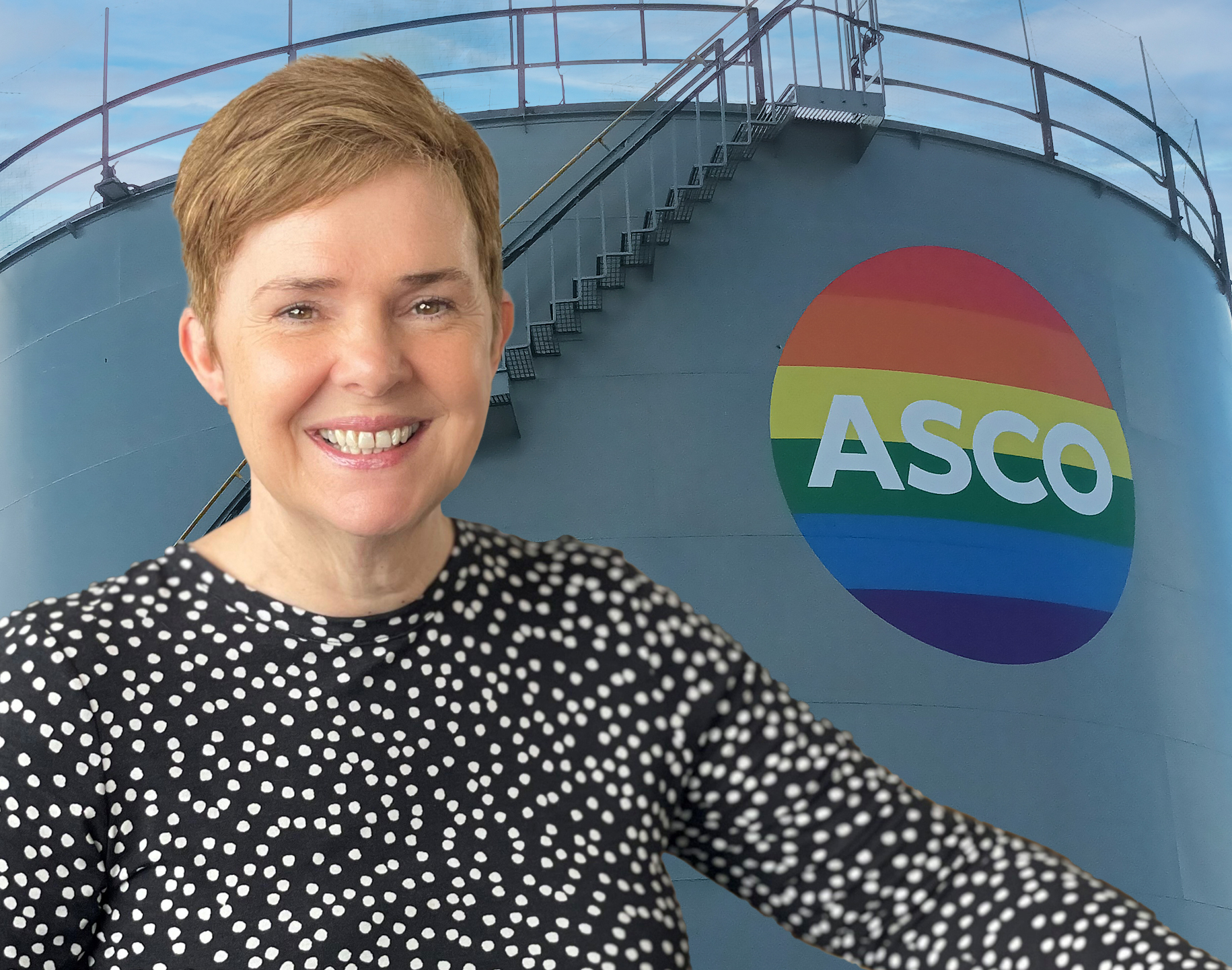
by Allison Thomson, Head of Strategy & Business Optimisation
In recent years, equity, diversity, and inclusion (ED&I) initiatives have seen significant growth. Organisations worldwide have recognised that fostering inclusivity in the workplace can lead to greater innovation, productivity, and a better ability to navigate the complexities of the business landscape. However, despite evidence supporting the positive impact of ED&I, there is often resistance to these initiatives.
This resistance often stems from misunderstanding or denial, particularly the misconception that "it’s not an issue here." Many individuals, having not personally experienced the negative effects of a lack of diversity, believe that change would bring no benefit because things are “fine as they are.” Such attitudes can range from passive disengagement to active pushback, affecting various aspects of the workplace, including hiring practices, company culture, or policy changes.
Overcoming these challenges requires helping people understand that ED&I is about giving everyone a fair chance, valuing diverse thinking, and fostering inclusion. When companies create inclusive environments, they allow employees to thrive on individuality, which enhances workplace satisfaction and directly benefits the company's bottom line through more innovative solutions and opportunity generation.
At ASCO, we began developing our ED&I strategy in 2022. Over the past two years, we’ve had successes but also faced challenges, notably a fear of change. Perseverance has been key to overcoming this fear, as it’s easy to give up quickly in the face of resistance. One effective approach has been to engage people with issues that they care about, encouraging them to take ownership of ASCO’s ED&I efforts rather than being passive observers.
Our journey began with a survey across our global locations, which initially had a low response rate. Rather than assuming that this indicated no issues, we delved deeper and discovered that many employees were unsure of what ED&I meant. They were also nervous about using the right terminology and avoiding offense. To continue these conversations, we adopted a CLEAR approach, focusing on Communication, Leadership, Education, Action, and Recognition.
This journey often starts with education. At ASCO, we offer training sessions and workshops to educate employees at all levels about the importance of embracing diversity and fostering an inclusive environment. These educational initiatives cover a wide range of topics, including unconscious bias.
Of course, working across seven global locations, it’s important to understand what matters to each office. To address this, we’ve developed regional network groups involving colleagues from different levels and backgrounds. Led by volunteers, these teams share what’s important to them, with engagement activities and key learnings shared across the business.
In addition to these internal efforts, ASCO has also been participating in an OEUK Task Group focused on ED&I data, aiming to develop a toolkit for the industry to enable better data-driven decision-making.
Leadership plays a significant role in shaping a company’s culture and values. Following an organisational restructure, our senior management team underwent an ED&I training workshop, which showcased what ED&I looks like in practice and how they can better guide these principles.
This investment and commitment from leadership is crucial in dismantling resistance and inspiring employees to participate in these initiatives, contributing to a more inclusive and equitable workplace.
Looking ahead, ASCO is working towards three strategic objectives:
- Developing working practices that support moving towards a society reflective workforce
- Building awareness of the unique identities within our workforce and the value this diversity brings
- Establishing a culture that promotes a sense of belonging and respect for everyone.
When all these efforts are authentically pursued, they contribute to a positive impact on business performance and innovation.
It is important to remember that change takes time, but through education and patience, progress can be achieved.

